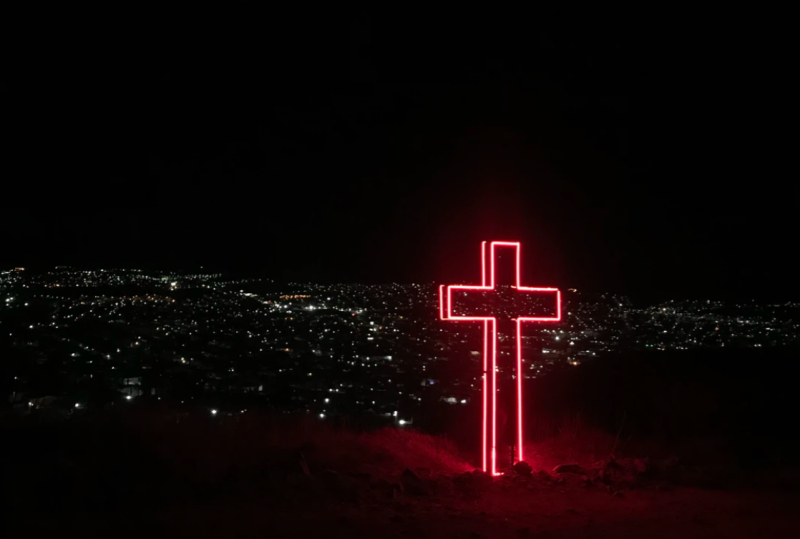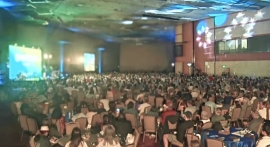
Citizens of Hebei province in China were told to report any religious activity within the province' jurisdiction and that they will also receive monetary reward. The clamp down, their authorities say, is part of the prevention against the ongoing pandemic.
The South China Morning Post also reported on Beijing authorities closing all 155 religious venues after a number of coronavirus patients were allegedly discovered to have attended religious gatherings.
Linking the recent outbreak to religious events in a locality, however, was a mere assumption. Catholic citizens of Hebei had always attended mass in officially sanctioned churches since the gradual re-opening of churches last year and the province had no reported COVID-19 cases until the recent outbreak.
One woman, age 66, who tested positive and claimed to have participated in a religious activity prior to her diagnosis had actually attended other events like a wedding banquet.
The Shijiazhuang Patriotic Catholic Association and the official Catholic diocese in Gaocheng also denied reports saying the church was linked to the spread of the virus in the area.
"As of [Thursday], there is only one Catholic from Shijiazhuang who has been confirmed with COVID-19," the association said.
Nonetheless, imposed suspensions of any religious gathering is still in effect until further notice.
How the New Directive Affects Believers
According to a document shared by Father Francis Liu of the Chinese Christian Fellowship of Righteousness, the United Front Department of Xingtai City and the local Ethnic and Religious Affairs Bureau collaborated to enforce the directive given by their government leaders banning all religious venues and religious activities. A tip-off system with the said reward was put in place starting Jan. 9.
Religious venues, the notice said, include homes, Buddhist halls, and other similar spots where people can gather for religious purposes. Citizens are encouraged to report any possible violation of the directive and upon confirmation, the tipster will receive 500 RMB (about $77).
But this is not the first time authorities in Xingtai city have mobilized citizens to help them put a stop on what they labeled as 'illegal religious activities,' International Christian Concern (ICC) said.
In July 2019, the United Front Work Department and the Department of Ethnic and Religious Affairs in Xingtai have also asked people to report religious activities that do not line up to the aspirations and regulations of the Chinese Communist Party. Home churches were classified as among the not sanctioned, thus, were subject to suppression by the authorities.
Believers feared that the systematic crackdown of churches will culminate into another cultural revolution.
Refuting accusations
Recently, some rumors blaming Christians for the spread of COVID-19 in Hebei province arose. These rumors, which were spread online, suggested that Christians and missionaries were the "carriers" of the recent virus outbreak.
A local priest who goes by the name Shanren Shenfu refuted these allegations in a blog post. The priest, responding to a parishioner who asked if the rumors are true, provided several explanations as to why they are false.
Shenfu explained that gatherings were already prohibited before Christmas, indicating that people, particularly missionaries, will not be there. The priest added that there were Christmas Eve celebrations, but these masses were celebrated by "the priest alone in his parish."
The priest said that this sort of blame shifting event is reminiscent of emperor Nero during his rule in Rome. On a whim, he ordered the torching of a city then passed the buck on to Christians.
































